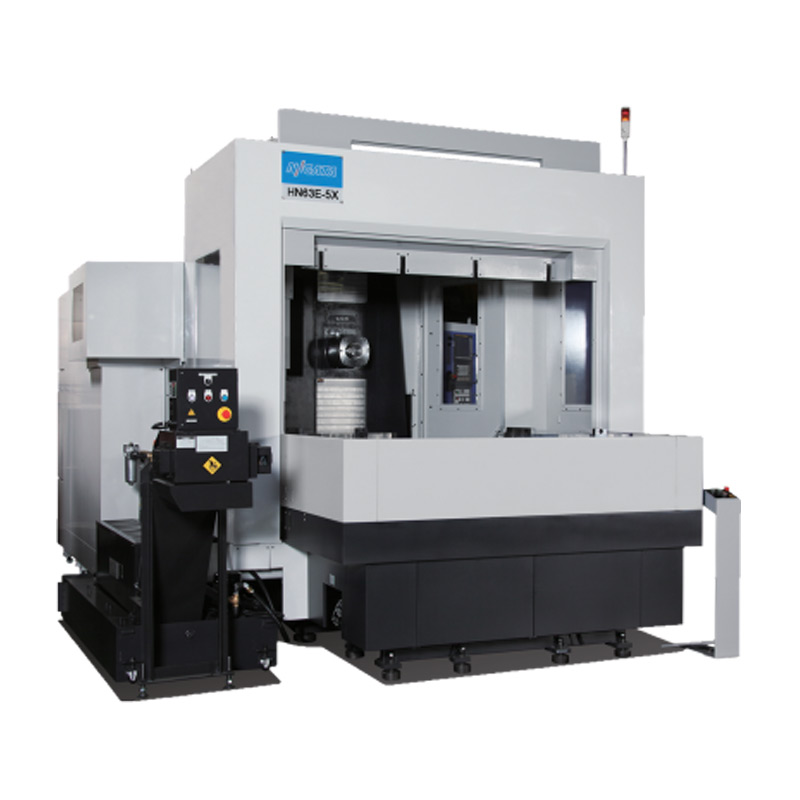
- Afrikaans
- Albanian
- Amharic
- Arabic
- Armenian
- Azerbaijani
- Basque
- Belarusian
- Bengali
- Bosnian
- Bulgarian
- Catalan
- Cebuano
- Corsican
- Croatian
- Czech
- Danish
- Dutch
- English
- Esperanto
- Estonian
- Finnish
- French
- Frisian
- Galician
- Georgian
- German
- Greek
- Gujarati
- Haitian Creole
- hausa
- hawaiian
- Hebrew
- Hindi
- Miao
- Hungarian
- Icelandic
- igbo
- Indonesian
- irish
- Italian
- Japanese
- Javanese
- Kannada
- kazakh
- Khmer
- Rwandese
- Korean
- Kurdish
- Kyrgyz
- Lao
- Latin
- Latvian
- Lithuanian
- Luxembourgish
- Macedonian
- Malgashi
- Malay
- Malayalam
- Maltese
- Maori
- Marathi
- Mongolian
- Myanmar
- Nepali
- Norwegian
- Norwegian
- Occitan
- Pashto
- Persian
- Polish
- Portuguese
- Punjabi
- Romanian
- Russian
- Samoan
- Scottish Gaelic
- Serbian
- Sesotho
- Shona
- Sindhi
- Sinhala
- Slovak
- Slovenian
- Somali
- Spanish
- Sundanese
- Swahili
- Swedish
- Tagalog
- Tajik
- Tamil
- Tatar
- Telugu
- Thai
- Turkish
- Turkmen
- Ukrainian
- Urdu
- Uighur
- Uzbek
- Vietnamese
- Welsh
- Bantu
- Yiddish
- Yoruba
wash tunnel
The Evolution and Importance of Wash Tunnels in Modern Industry
In today’s fast-paced industrial world, the need for efficiency and cleanliness has never been more critical. One of the unsung heroes in this realm is the wash tunnel. These sophisticated systems play a pivotal role in ensuring the cleanliness of various vehicles, equipment, and even components that are integral to many industries. From the automotive sector to food processing, wash tunnels have evolved significantly over the years, incorporating advanced technology to meet the increasing demands for hygiene and cleanliness.
What is a Wash Tunnel?
Wash tunnels are automated cleaning systems designed to clean vehicles and equipment rapidly and efficiently. Typically used in car washes, these tunnels involve a conveyor belt that transports the vehicles through a series of washing, rinsing, and drying stages. This technology not only reduces the time taken to wash each vehicle but also significantly enhances the overall cleaning process, ensuring that every inch of the vehicle is spotless.
The Technological Advancements of Wash Tunnels
Over the past few decades, wash tunnels have made remarkable strides in terms of technology and design. Modern wash tunnels are equipped with high-pressure wash systems, advanced cleaning agents, and integrated drying solutions that work in synergy to provide an impeccable clean. Notably, innovations such as water reclamation systems allow facilities to recycle and reuse water, making these systems more environmentally friendly and cost-effective.
Furthermore, the incorporation of automation and robotics has taken wash tunnels to the next level. Automated vehicle placement and unloading optimize the process, reducing the need for human intervention and increasing productivity. Additionally, real-time monitoring systems enable operators to oversee the entire washing process, ensuring that any potential issues are addressed promptly.
The Role of Wash Tunnels in Various Industries
wash tunnel

While car washes are the most common application of wash tunnels, their utility extends far beyond the automotive realm
. In food processing, for instance, wash tunnels are used to clean containers, equipment, and even fresh produce to maintain hygiene standards that are essential for public health. These systems efficiently remove contaminants, pesticides, and dirt, ensuring that food products are safe for consumption.In the transportation industry, wash tunnels are vital for maintaining the cleanliness of vehicles, particularly in sectors such as public transit and freight. Clean vehicles not only enhance the image of a company but also play a critical role in reducing the risk of contamination and maintaining compliance with health regulations.
Environmental Considerations
As industries increasingly shift their focus toward sustainability, wash tunnels have adapted to meet these concerns. The implementation of eco-friendly cleaning agents and water recycling technologies minimizes the environmental impact of wash processes. Many wash tunnel systems now utilize biodegradable detergents, which are less harmful to the environment while still providing effective cleaning solutions.
Additionally, the ability to conserve water is a significant advantage of modern wash tunnels. Traditional washing methods often lead to significant water wastage, whereas wash tunnels can recycle a substantial portion of the water used, significantly reducing overall consumption.
The Future of Wash Tunnels
Looking ahead, the future of wash tunnels appears promising. With continuous advancements in technology, we can expect further innovations that enhance efficiency, cleanliness, and sustainability. The integration of machine learning and artificial intelligence could lead to even smarter wash systems, capable of adapting to varying conditions and optimizing cleaning processes automatically.
In conclusion, wash tunnels have become indispensable in a wide range of industries, providing efficiency, cleanliness, and environmental benefits. As technology continues to evolve, these systems will undoubtedly play an even more integral role in ensuring that our world remains clean and sustainable. The humble wash tunnel, often overlooked, stands as a testament to the power of innovation in addressing modern challenges.
-
Integrating Aqua Tunnel Car Wash in Shopping CentersNewsJun.24,2025
-
Gas Station with an Auto Car Wash MachineNewsJun.24,2025
-
Efficiency in Your Aqua Tunnel Car Wash: Power & Water-SavingNewsJun.24,2025
-
Car Wash Business with Advanced Auto Car Cleaning MachinesNewsJun.24,2025
-
Balancing Setup Costs with Aqua Tunnel Car WashNewsJun.24,2025
-
Aqua Tunnel Car Wash: Eco-Design for the Energy-Savvy EntrepreneurNewsJun.24,2025



